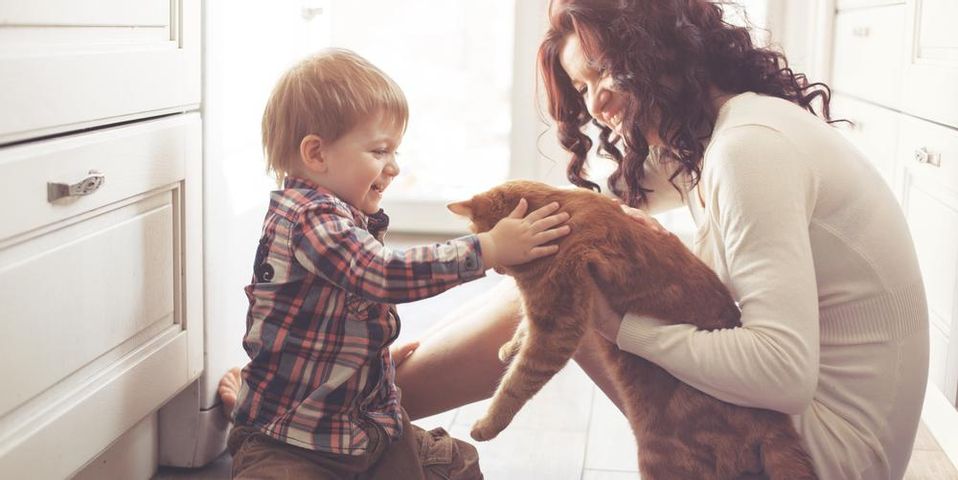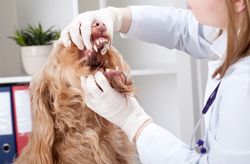The 5 Most Common Pet Surgeries Veterinarians Perform

Though it’s a situation many animal owners dread, most veterinarians perform pet surgery a few times each week. These procedures can range from routine spaying and neutering to more serious condition treatments such as cancer treatment or removing a foreign object during internal surgery. To help ease your mind, the professionals at Carolina Veterinary Hospital in Sanford, NC, share the five most common surgical procedures they perform below.
5 Types of Pet Surgeries
1. Spaying & Neutering
By far, the most common surgical procedures veterinarians perform are spaying and neutering. This minor procedure is one of the most important health decisions pet owners can make. Spaying, which removes the ovaries and uterus of a female pet, helps prevent uterine infections and breast cancer. Neutering, which removes a male pet’s testicles, helps improve behavior and prevents unwanted litters and testicular cancer.
2. Dental Surgery
 Just like humans, animals can require dental work when decay or infections occur. If the damage is severe enough, the veterinarian might suggest an extraction to salvage the surrounding teeth and preserve the pet’s gum tissue and jawbone.
Just like humans, animals can require dental work when decay or infections occur. If the damage is severe enough, the veterinarian might suggest an extraction to salvage the surrounding teeth and preserve the pet’s gum tissue and jawbone.
3. Hip Dysplasia Surgery
Hip dysplasia, a common degenerative joint disease, is commonly seen in dogs. Several surgeries are often required to remedy this disease, which creates pain and stiffness in the back legs and causes animals to limp or hop when running.
4. Internal Surgery
As any pet owner knows, it’s not uncommon for dogs and cats to eat things they’re not supposed to. When your furry friend swallows a foreign object, sometimes, internal surgery is required to extract it. This common emergency procedure is also used to remove tumors and bladder stones.
5. Cataract Surgery
Cataracts cause the lens of the eye to lose its transparency, giving the eyes a white, foggy appearance. Many older dogs develop cataracts, which can be caused by infection, trauma, or diabetes. During this surgical procedure, the veterinarian will remove this foggy lens and replace it with an artificial one.
No matter how routine it may be, when it comes to pet surgery, it’s important to choose an experienced veterinarian that will treat your pet with the utmost care. With more than 40 years of experience, Carolina Veterinary Hospital provides the region’s animals with quality dentistry, surgical, and dermatological assistance. Setting themselves apart from other veterinary practices, this pet hospital staff offers complete radiology and lab testing for your animal. To schedule an appointment, give them a call at (919) 258-3349, and visit them on Yelp for more information on their services.
About the Business
Have a question? Ask the experts!
Send your question

